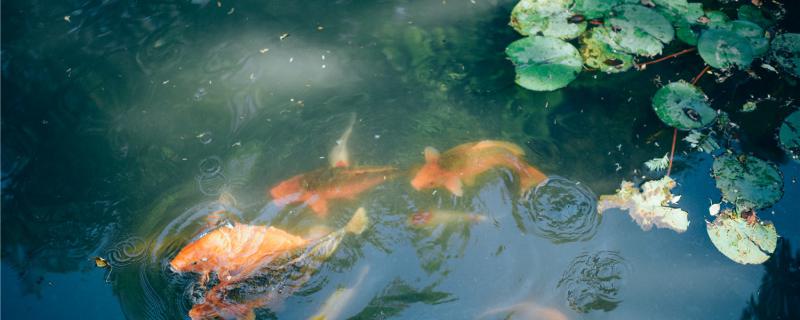 When a
When a hungry, it usually swims to the surface of the water and spits bubbles, and becomes more active when it sees someone approaching. Although this animal has a strong hunger tolerance, it is also greedy and always in a state of foraging. And most fish do not have a stomach, their digestion is also very fast, when feeding can eat, but in order to avoid feeding too much to cause enteritis and other diseases, we must control the amount of feeding.
1. Feed choice: There are many kinds of fish, and their feeding habits are different. Some fish are herbivorous fish, some are carnivorous fish, and some are omnivorous fish. Therefore, their food needs are different. Herbivorous fish mainly feed plants, and carnivorous fish feed small fish and shrimp. Omnivorous fish can eat more.
2. Feeding times: Usually, fish should be fed every day, and it is enough to feed them three times a day. If they are fed less, they will not starve to death, but the long-term lack of nutrition is harmful to their health, and they will even become old fish. Such fish is not big, looks strange, and is not so beautiful.
3, pay attention to stop feeding: If the fish is sick, you need to stop feeding in time, because the sick fish appetite is not strong, feeding can not eat, and food into the water will pollute the water quality, so stop feeding is a wiser choice, until it recovers, you can continue to feed.